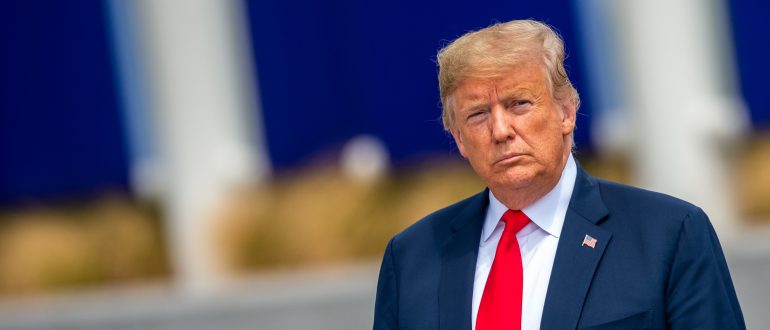
All Is Not Lost In Transatlantic Relations
Since the First World War, the relationship between the United States and Europe has served as a guarantor for peace and prosperity. Based on shared values of democracy and human rights and embedded in a system of multilateral institutions and reliable alliances, it continues to represent an important anchor of the liberal international order. In recent years, however, the image increasingly associated with transatlantic relations is that of a “rift”. Although the transatlantic relationship has never existed without frictions, recent developments in crucial areas of cooperation as well as structural divergences point towards a more fundamental nature of the crisis.
The transatlantic community faces a multiplicity of challenges, such as increasing tensions with Russia, an uncertain future of nuclear arms control, on-going frictions in the area of trade and the rise of populism across the Atlantic. Not only do these developments put significant pressure on the transatlantic relationship, they also create political instability which is further deepened by the rhetoric and policies of the current US administration. Once at the core of the liberal international order, the U.S. is now represented by a President who openly embraces the actions of illiberal politicians and pursues an increasingly transactional approach to foreign policy by renouncing multilateral structures of cooperation and seeing the global order exclusively through the lens of strategic competition.
Redefining the Relationship
Although the transatlantic partners seem to have moved as far apart from each other as never before, the underlying assumption that the U.S. and Europe remain of vital importance to each other still holds true. Not only are both parties each other’s main trading partners, the EU – as the largest economy in the world – also remains the U.S.’s largest investor. Irrespective of economic factors, both parties continue to share a common set of foreign policy interests such as ensuring strategic stability, adapting to newly emerging security threats in cyberspace, countering terrorism as well as ending regional conflicts. Despite current beliefs of the U.S. administration, effective responses to such globalized threats will require joint efforts and the support of allies, which, from an American perspective, are mostly located in Europe.
As some of the challenges tend to be structural in the long-term, returning to old patterns does not represent a sustainable option. Strengthening the relationship will therefore require redefinition. Having played an important role in tying the transatlantic partners together, international organizations should remain at the core of transatlantic cooperation. In order to maintain a systematic framework for continuous dialogue, it might ultimately be beneficial to facilitate decision-making and revise certain structures as is currently pursued by the EU with regard to the Dispute Settlement System of the WTO. From a security perspective, changing strategic environments and declining trust are forcing the EU to become a more autonomous actor. Strengthening capabilities at operational levels while maintaining a balance between the EU and NATO will be crucial. These changes should be pursued with the qualitative objective of making Europe a more self-sustainable and reliable military partner, thereby easing increasing tensions over the subject of burden-sharing.
Europe will need to assume new responsibilities, actively preserve the assets of democracy and multilateralism despite domestic populist forces and act as a guardian of the values and institutions of the transatlantic relationship – an effort that will require engaging all levels of society. Although transatlantic cooperation will remain a challenge in the near future, historical, cultural and economic ties are too strong for the partnership to unravel entirely.
This article was previously published on the website of “Diplomatisches Magazin”, Issue 08/2019: All Is Not Lost In Transatlantic Relations.
